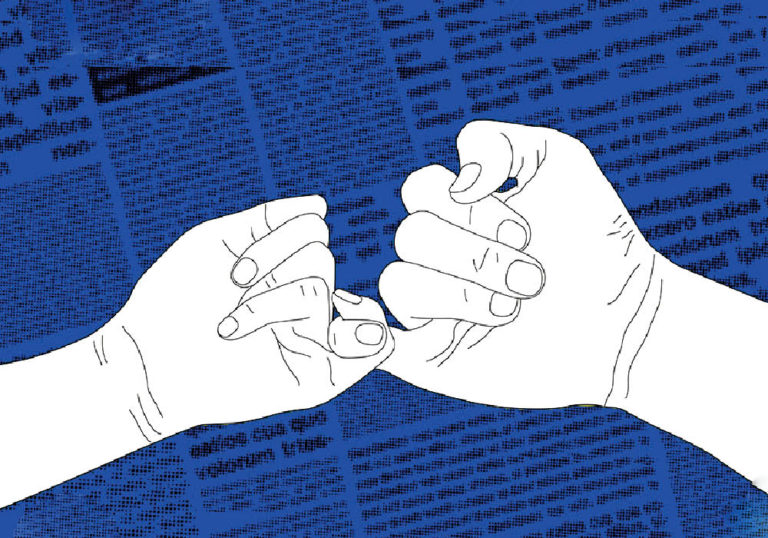What It Means To “Double Down” And Other Marketing Jargon You Need To Know

Marketing is a big industry, but not many people know what a marketers’ day-to-day entails. If you’re considering marketing as a career path or have recently started a venture of your own and you need some help, we have a list of marketing jargon that you probably need to know.
We’ll give you the summary of these terms and some basic how-tos … but our friends at Study.com can give you the deep dive through their Business courses that are easy to follow and convenient to take (because they’re all online!). Get your notebooks out and your pens ready … here’s Marketing Jargon 101.
double down
To double down is to take a further risk in a situation or passionately re-commit one’s efforts to a cause or course of action.
Originating from the card game Blackjack, it first described a strategy wherein a player who is confident in their hand chooses to double their bid. Double down started evolving in the 2000–10s away from “taking risks” toward an “impassioned commitment to a cause.” So now, outside of gambling, double down is often used by politicians, business leaders, and media outlets to describe approaching some problem with more focus, energy, and resources, especially when that tactic is seen as ill-advised.
pay-to-play
Though the capitalistic concept of pay-to-play is itself old, the phrase pay-to-play emerged in the 1920s, with one early use referring to a pay-to-play card game for a Catholic association.
A prominent use of pay-to-play occurred in the music industry in the 1980s, when some venue owners in Los Angeles began charging new and fledgling artists a pay-to-play fee if the artists wished to use their facilities. This model has received much criticism and has been referred to as a “scene killer.”
Though it depends on the industry, the phrase pay-to-play usually carries the connotation of shady, underhanded, or illegal dealing, particularly when it comes to politics and finance.
impact
Impact, in marketing, is all about cause and effect. Specifically, it’s about the effects, one’s that can be seen right away and ones that can’t for quite a while, of an action upon another action or department or person or business.
holistic view
A holistic view or holistic strategy in marketing means that your marketing plans and tactics are taking the whole business into account, not just one aspect of it. The only way for a marketing strategy to work is to make sure your whole business is represented and benefitting from the strategy, that makes your business unstoppable and a force to be reckoned with. Otherwise, splitting your business into parts creates too many moving pieces and none of the pieces will be very strong or powerful or memorable.
viral
Ugh, the word viral has gone viral these days. And, for marketers, there’s a love-hate relationship with the word. Viral means that a piece of your content or opinions or ideas about your product or service has spread from person to person to social-media platform to social-media platform, and now … everyone knows. It’s awesome! Your product or content is out there and it’s popular, but going viral is hard to achieve. And, when the higher-ups want it to happen, and fast, it’s hard to explain that sometimes it’s a lot of luck and a lot of work to get that virality.
influencer marketing
You may know the term influencer from social media. There’s lots of “influencers” on Facebook and Instagram that partner up with brands or companies to promote a product. But actually, influencer marketing is a bit more general than that. Social media is an easy way to influence people, but there are other ways, and as long as the influencer you’re working with knows how to get people to think differently or try something new, you’re using influencer marketing. (Plus: It’s usually cheaper than traditional marketing tactics too.)